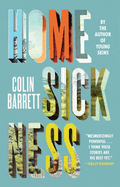
In the last week, two pieces in the New York Times have explored or touched on the issue of free speech.
Last Friday, a Times editorial entitled "America Has a Free Speech Problem," began, "For all the tolerance and enlightenment that modern society claims, Americans are losing hold of a fundamental right as citizens of a free country: the right to speak their minds and voice their opinions in public without fear of being shamed or shunned."
Calling this dangerous for "a strong and open society," the newspaper wrote: "in large part, it's because the political left and the right are caught in a destructive loop of condemnation and recrimination around cancel culture. Many on the left refuse to acknowledge that cancel culture exists at all, believing that those who complain about it are offering cover for bigots to peddle hate speech. Many on the right, for all their braying about cancel culture, have embraced an even more extreme version of censoriousness as a bulwark against a rapidly changing society, with laws that would ban books, stifle teachers and discourage open discussion in classrooms."
The Times cited its own polling, done with Siena College, and polling by other organizations, including the Pew Research Center and the Knight Foundation, showing that Americans are concerned about a lack of free speech, with 84% in the Times poll saying "it is a 'very serious' or 'somewhat serious' problem that some Americans do not speak freely in everyday situations because of fear of retaliation or harsh criticism."
Before going into the polls' results in detail, the Times wrote: "Freedom of speech is the bedrock of democratic self-government. If people feel free to express their views in their communities, the democratic process can respond to and resolve competing ideas. Ideas that go unchallenged by opposing views risk becoming weak and brittle rather than being strengthened by tough scrutiny. When speech is stifled or when dissenters are shut out of public discourse, a society also loses its ability to resolve conflict, and it faces the risk of political violence."
And Suzanne Nossel, CEO of PEN America, commented: "There's a crisis around the freedom of speech now because many people don't understand it, they weren't taught what it means and why it matters. Safeguards for free speech have been essential to almost all social progress in the country, from the civil rights movement to women's suffrage to the current fights over racial justice and the police."
In some of the most interesting Times polling results, 55% of the respondents said they had "held their tongue over the past year because they were concerned about retaliation or harsh criticism." Those most likely to report this were women, older people, and Republicans.
"At the same time, 22% of adults reported that they had retaliated against or were harshly critical of someone over something he or she said. Adults 18 to 34 years old were far more likely to have done so than older Americans; liberals were more likely to have done so than moderates or conservatives."
The poll highlighted tension between free speech and hate speech. While 66% of respondents affirmed the importance of free speech for a healthy democracy, "30% agreed that 'while I support free speech, sometimes you have shut down speech that is antidemocratic, bigoted or simply untrue.' Those who identified themselves as Democrats and liberals showed a higher level of support for sometimes shutting down such speech."
The Times wrote at length about right-wing attacks on free speech, especially in schools and libraries, but added this about the left: "The progressive movement in America has been a force for good in many ways: for social and racial justice, for pay equity, for a fairer system and society and for calling out hate and hate speech. In the course of their fight for tolerance, many progressives have become intolerant of those who disagree with them or express other opinions and taken on a kind of self-righteousness and censoriousness that the right long displayed and the left long abhorred. It has made people uncertain about the contours of speech: Many know they shouldn't utter racist things, but they don't understand what they can say about race or can say to a person of a different race from theirs. Attacking people in the workplace, on campus, on social media and elsewhere who express unpopular views from a place of good faith is the practice of a closed society."
---
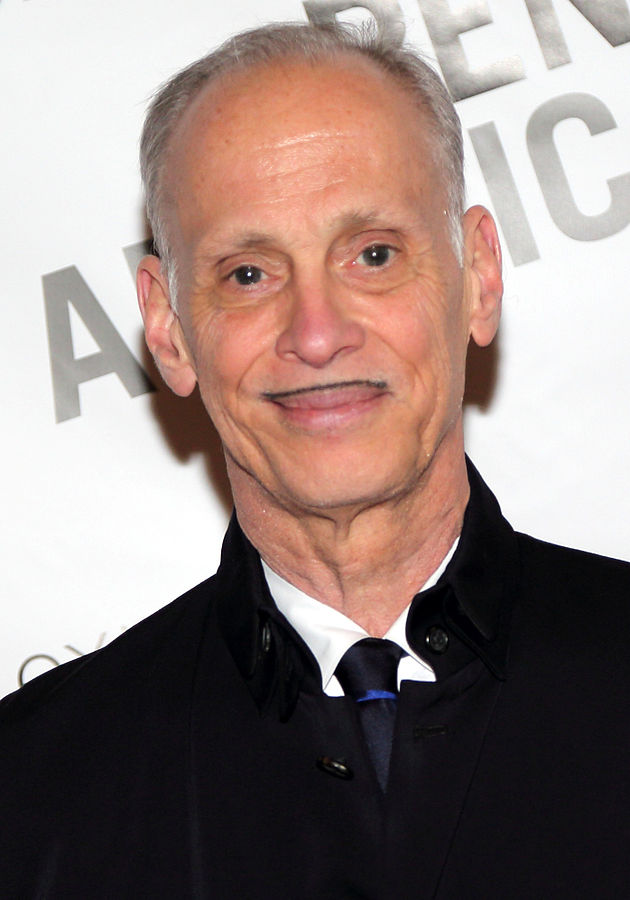 |
| John Waters |
And in a long q&a in the New York Times Magazine, John Waters--the director and nonfiction author whose first novel, Liarmouth: A Feel-Bad Romance, will be published by FSG on May 3--was asked what "in the culture today gives you pause in the way that your work might give other people pause?" His answer:
"The new censorship. I think I should be allowed to yell 'fire' in a crowded theater. I believe in the extremes of free speech. There is horrible pornography; we have to put up with it. The most right-wing--I don't get why they aren't allowed to come to colleges. Where does it stop? People don't like what I say? So what. I'm allowed to say it and I live in the greatest country. I'm a down-low patriotic person. In my old spoken-word show I did an entire thing of what it would be like to have sex with Trump that was rude and graphic, and I didn't get the firing squad. In some countries I would have."










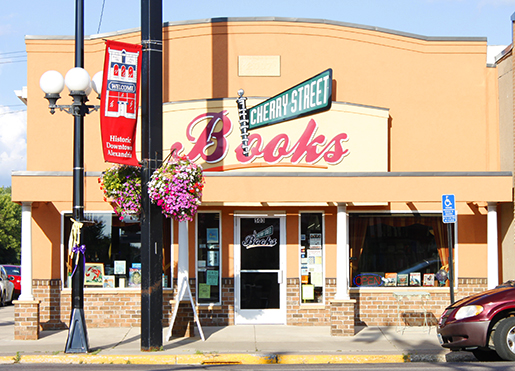 On May 1, Emily Regnier is buying
On May 1, Emily Regnier is buying 


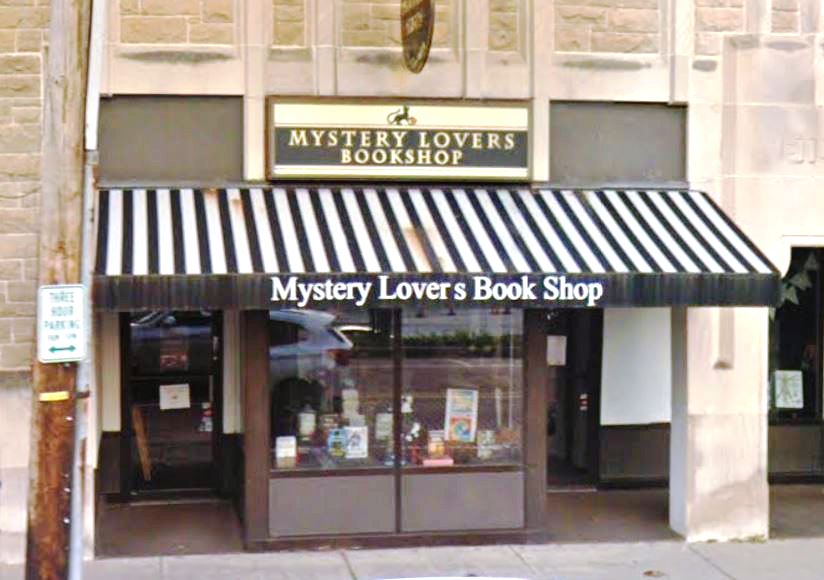 "Welcome to Oakmont
"Welcome to Oakmont 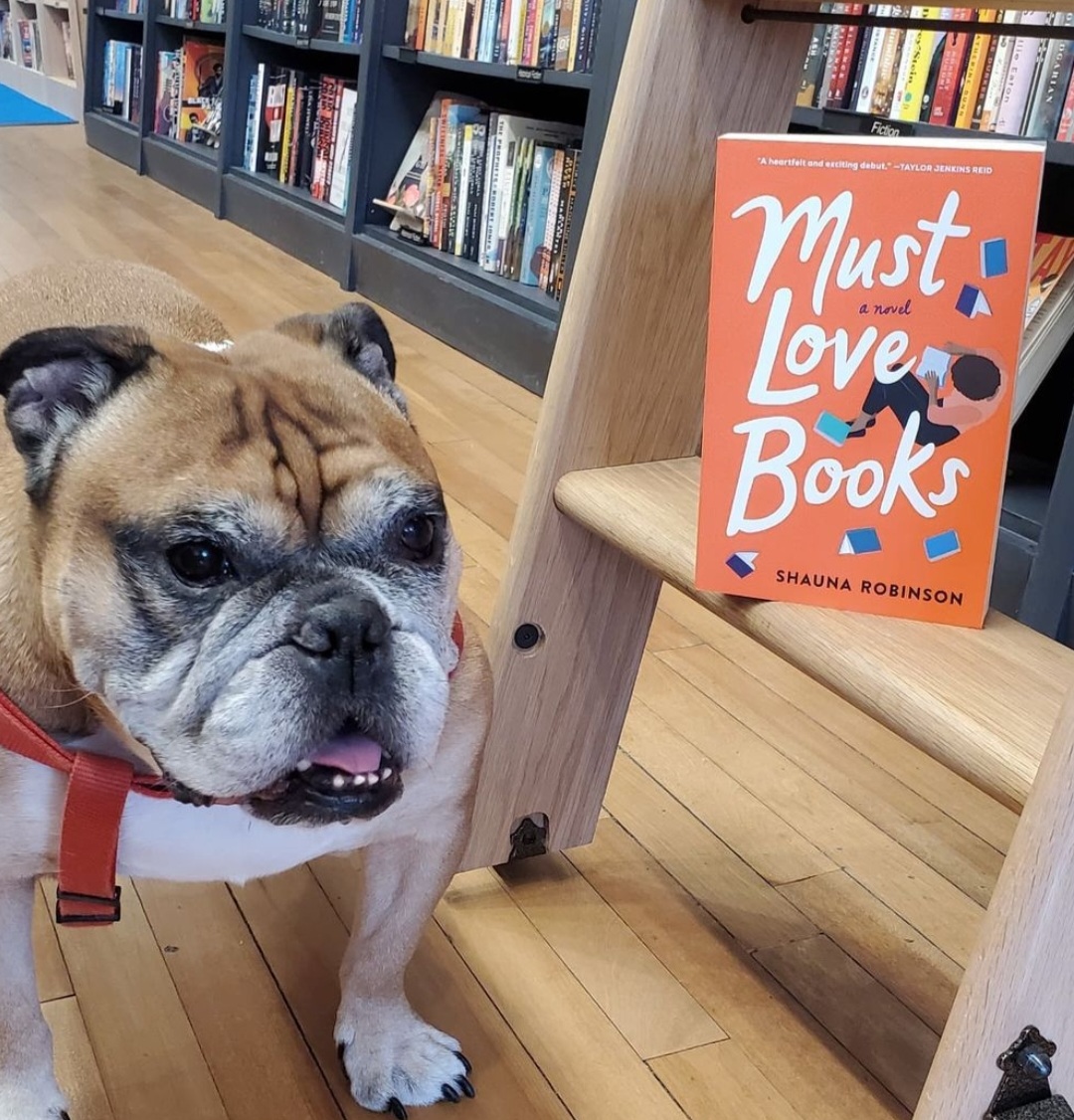 Kate Czyzewski of
Kate Czyzewski of  If This Bird Had Pockets: A Poem in Your Pocket Day Celebration
If This Bird Had Pockets: A Poem in Your Pocket Day Celebration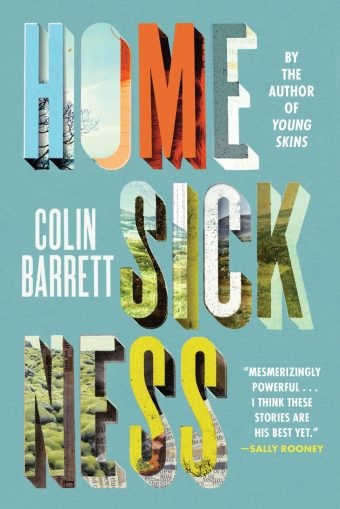 If there is any concern about the health of the short story in the next generation of Irish writers, Colin Barrett's Homesickness: Stories, his second collection, should help put that to rest. Like novelist Sally Rooney, Barrett (
If there is any concern about the health of the short story in the next generation of Irish writers, Colin Barrett's Homesickness: Stories, his second collection, should help put that to rest. Like novelist Sally Rooney, Barrett (